
12 medications you should never mix with coffee

If you begin your morning with both coffee and medication, you may need to rethink the timing. Coffee isn’t just a harmless energy boost—its caffeine can interfere with how your body absorbs or processes many common drugs. In some cases, it weakens your medication; in others, it intensifies unwanted side effects.
Understanding these interactions helps you stay safe while still enjoying your favorite drink.
Key Takeaways
-
Coffee affects how your body absorbs or metabolizes many medications.
-
With certain drugs, caffeine increases side effects like jitteriness, palpitations, or restlessness.
-
In other cases, it weakens the medication, reducing its therapeutic effect.
-
If unsure, ask your healthcare provider about spacing your medicine and coffee.
1. Anticoagulants (Blood Thinners)
Medications like warfarin and heparin can interact with caffeine. Coffee may increase their levels in the bloodstream, raising the risk of dangerous bleeding. This makes timing and dosage especially important.
2. Antidepressants
For drugs like amitriptyline, fluvoxamine (Luvox), fluoxetine (Prozac), escitalopram (Lexapro), paroxetine (Paxil), and imipramine, caffeine can:
-
intensify side effects (e.g., insomnia, rapid heartbeat)
-
reduce or increase absorption unpredictably
Ask your doctor about the safest timing.
3. Antipsychotics
Medications such as Abilify, Haldol, Compro, and Orap may be less effective if taken with coffee, because caffeine reduces absorption. It’s safest to space them apart.
4. Asthma Medications
Bronchodilators and caffeine are both stimulants. Taking both together may cause:
-
restlessness
-
headaches
-
rapid heart rate
Coffee may also reduce the lungs’ absorption of these medicines.
5. Blood Pressure Medications
Caffeine can interfere with beta-blockers like propranolol and metoprolol, lowering their effectiveness and keeping your blood pressure higher than intended.
6. Cholinesterase Inhibitors (Dementia Medications)
Caffeine can reduce how much donepezil (Aricept) reaches the brain. Avoid coffee close to your dosage.
7. Cold & Allergy Medications
Drugs with pseudoephedrine or fexofenadine (Allegra) are already stimulants. Coffee intensifies:
-
jitteriness
-
anxiety
-
insomnia
-
racing heart
Skipping coffee temporarily is safest.
8. Diabetes Medications
Caffeine may raise blood sugar and insulin levels, making glucose harder to control.
9. Methotrexate
Coffee can elevate methotrexate levels and increase toxicity. Even moderate caffeine may worsen side effects—talk to your doctor.
10. Osteoporosis Medications
Drugs like Boniva and Actonel absorb poorly with coffee. Take them with water and wait 30–60 minutes before drinking coffee.
11. Quinolone Antibiotics
Antibiotics like ciprofloxacin amplify caffeine’s effects, causing:
-
anxiety
-
insomnia
-
heart palpitations
Avoid coffee until treatment ends.
12. Thyroid Medications
Levothyroxine can lose up to 50% of its effectiveness when taken with coffee. Always take it with water and wait at least 30–60 minutes before caffeine.
Who Should Avoid Coffee Entirely?
-
Children/teens
-
Pregnant people (limit to <200 mg/day)
-
People with anxiety disorders
-
People at high risk for heart disease
Final Thoughts
Coffee may seem harmless, but its chemistry can significantly influence how your medications work. The safest step is simple: ask your doctor or pharmacist how to time your coffee and your meds. Small adjustments can help you enjoy both safely.
News in the same category


AVOID Ginger If You Have THESE Health Problems
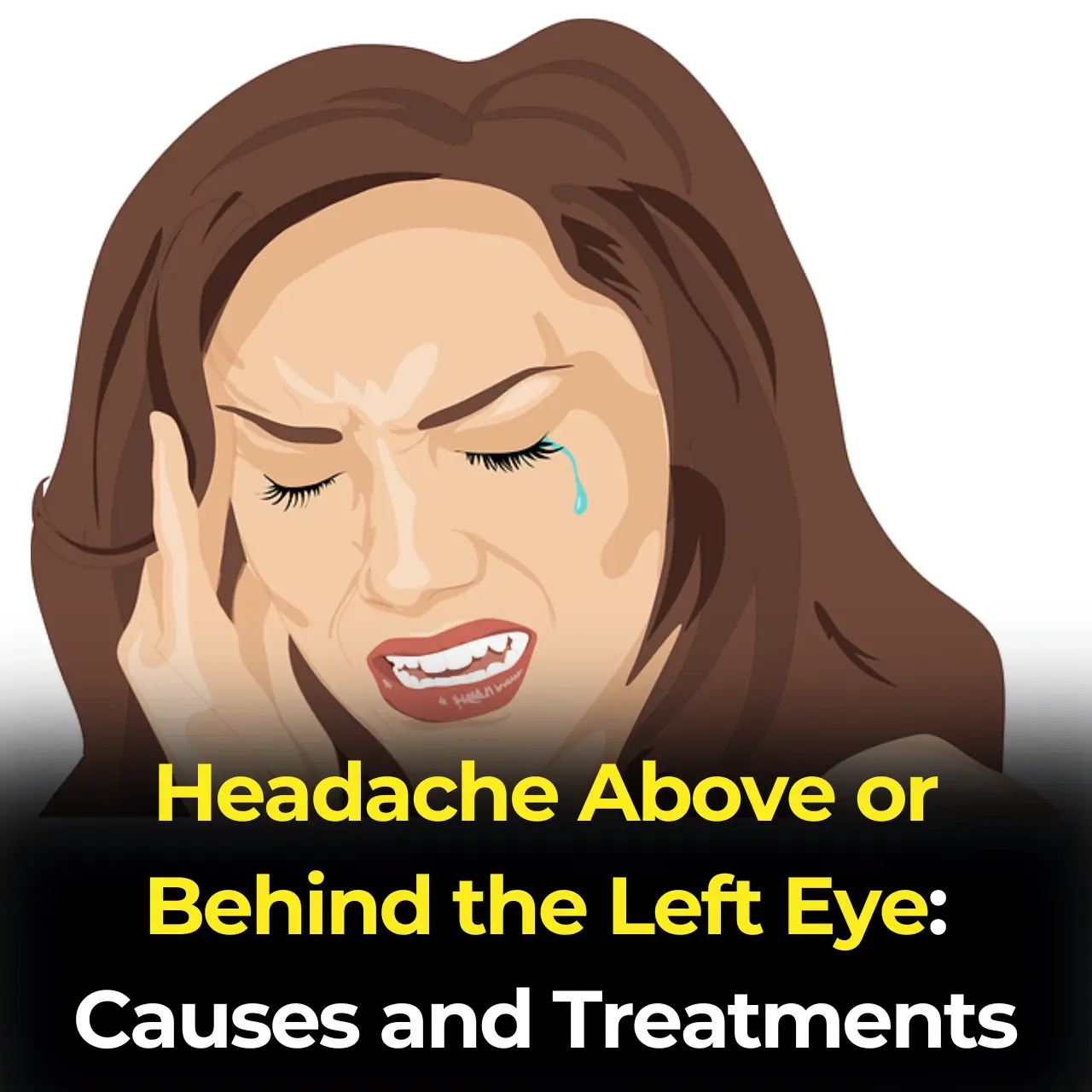
Headache Above or Behind the Left Eye: Causes and Treatments

7 best foods to rebuild your muscle strength after 50

The B vitamin solution: lower blood pressure when medications fail

Take this one shot and watch what happens to your blood pressure

5 Unique Things You Only Experience When Loving an Older Woman

6 Best Remedies To Clear Out Your Arteries
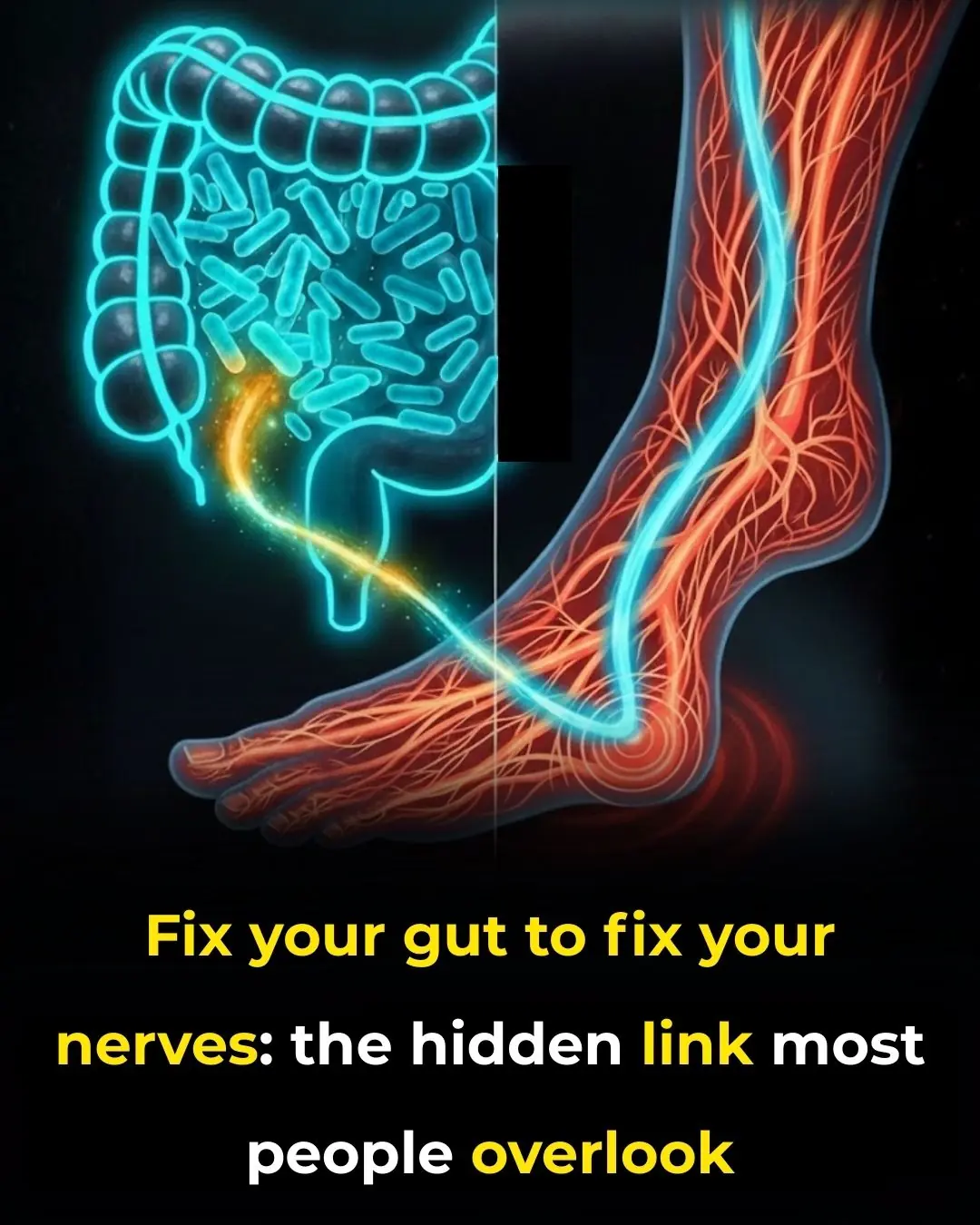
Fix your gut to fix your nerves: the hidden link most people overlook

6 fruits that help your body fight cancer cells naturally

Warning Signs Your Magnesium, Potassium, and Calcium Levels Are OFF and How to FIX It!
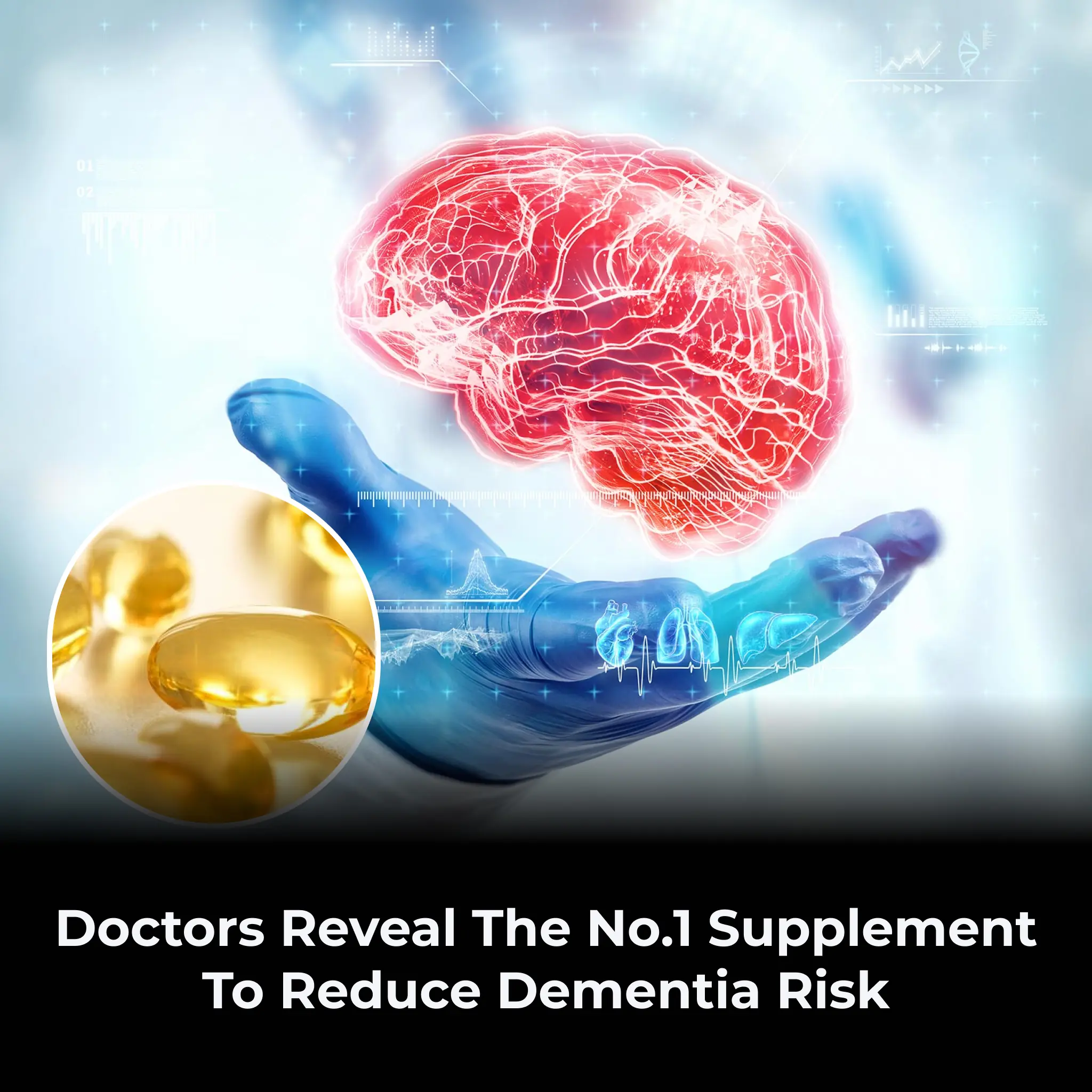
Doctors reveal the no.1 supplement to reduce dementia risk

Top 5 veggies to detox your arteries & prevent heart attacks!

THIS SEED: AFTER 50, IT STRENGTHENS BONES & CURES ALL PAINS

High Blood Pressure Has a New Culprit
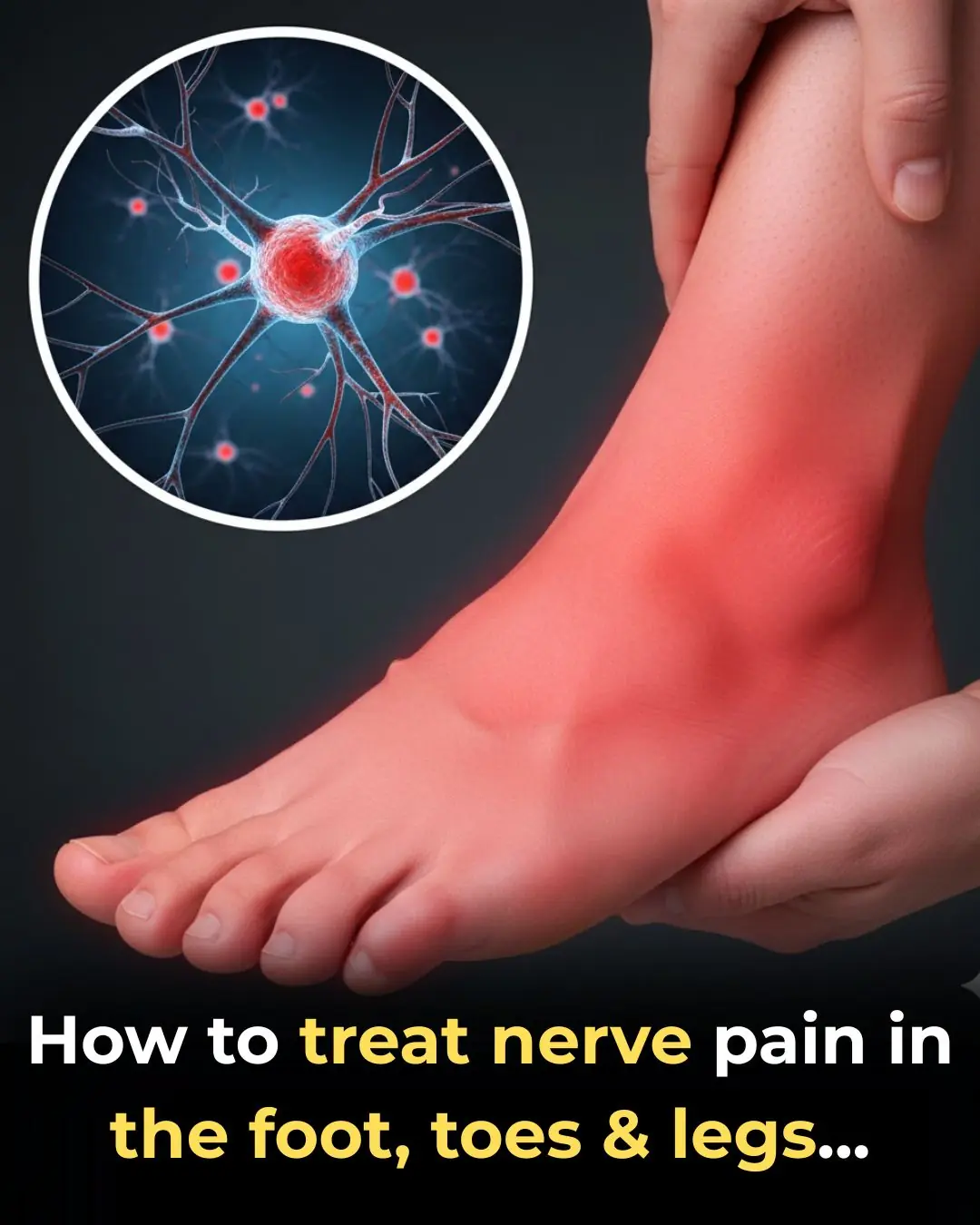
How to treat nerve pain in the foot, toes & legs
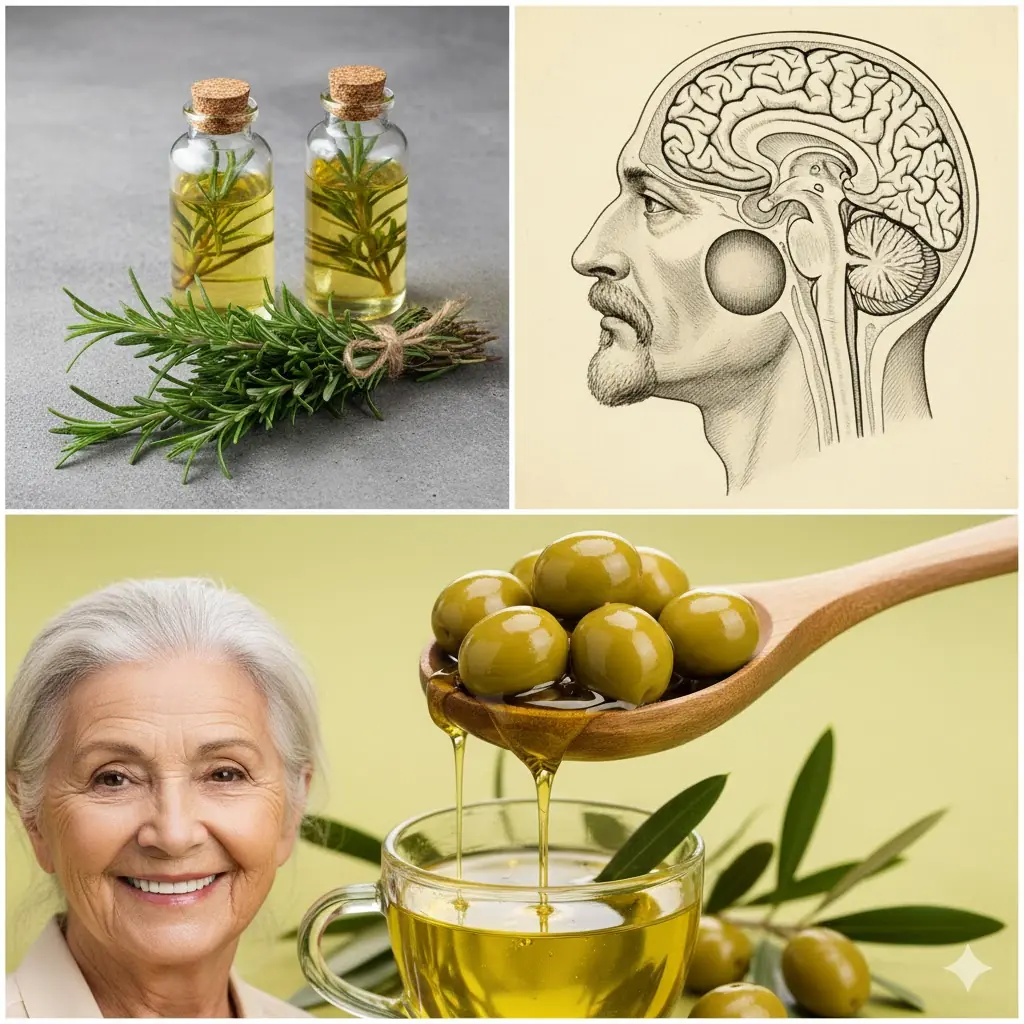
Unlocking the Power of Rosemary Tea: A Natural Elixir for Mind, Body, and Soul

Drinking Water the Right Way
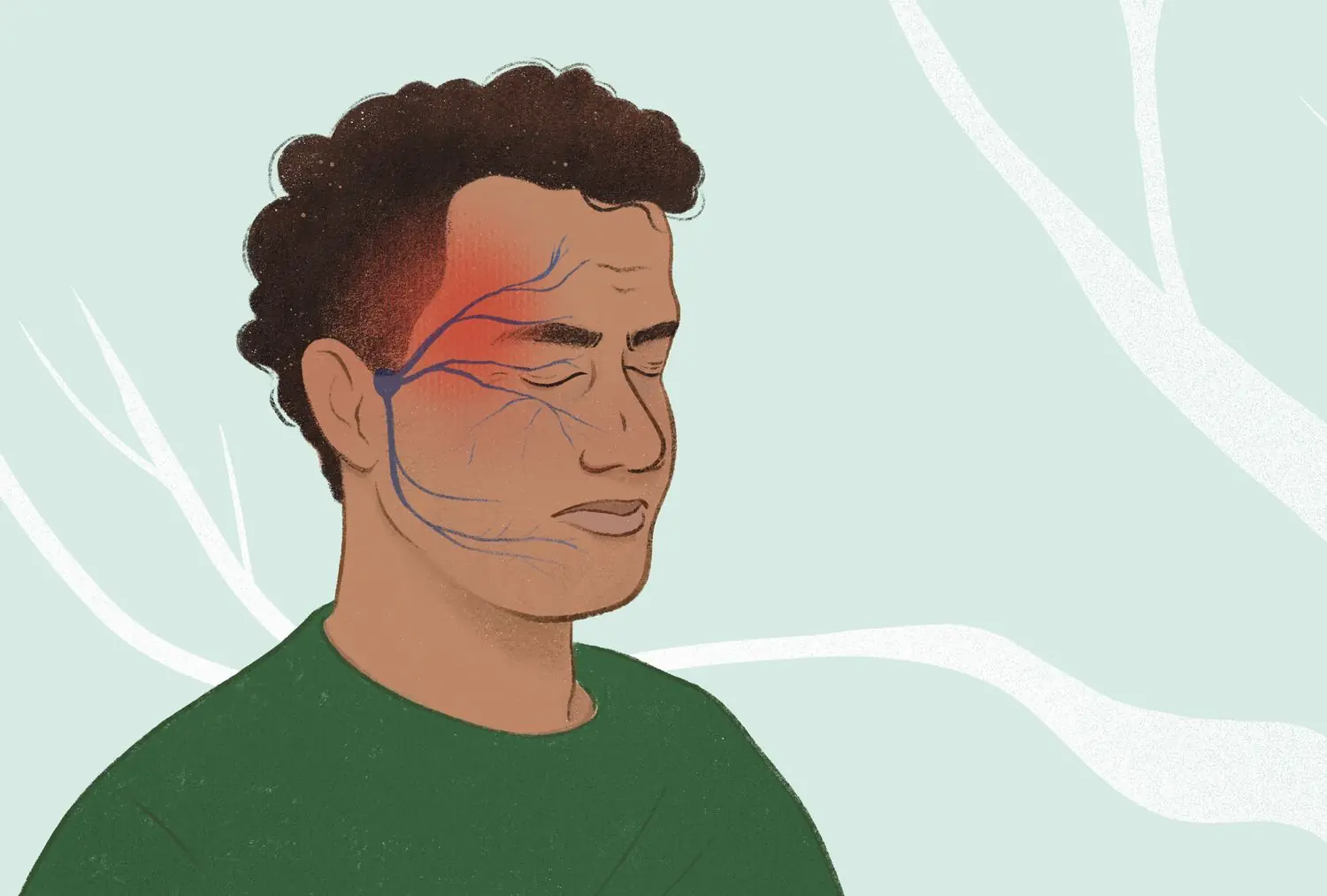
Headache Above or Behind the Left Eye? Here’s What It Could Mean
News Post

From Space to Earth: The Science Behind Felix Baumgartner’s Record-Breaking Jump

Transforming Oil into Green Prosperity: The Success of Norway’s Sovereign Wealth Fund

Maximize Broccoli's Cancer-Fighting Power: The Simple Trick That Boosts Sulforaphane Formation

Hidden Fungi in Your Nose: A Surprising Cause of Allergies and Asthma

From Dialysis to Remission: How New Drugs Are Changing the Fight Against Chronic Kidney Disease

The Hidden Beauty of Grass: Discovering Smiling Faces Under the Microscope

The Quiet of Blue Whales: How Climate Change is Affecting Whale Behavior and Ecosystems

The Arrival of Mosquitoes in Iceland: A Sign of Shifting Ecosystems and Public Health Risks

PP405: A Promising New Drug That Could Revolutionize Hair Loss Treatment by Reactivating Dormant Hair Follicles

Astronomers Capture Groundbreaking Image of New Solar System Formation

Denmark's 'Rolling Grocer' Initiative Brings Fresh Food and Community Connection to Rural Seniors

Mosquitoes Discovered in Iceland for the First Time: A Warning of Climate Change Effects

Denis Vashurin: The Man Who Appears as a Teenager Despite Being in His 40s

M.K. Prakasan: The Teacher Who Swims 12 km Daily to Educate Students in Kerala

Belgian Prodigy Laurent Simons Earns PhD in Quantum Physics at Just 15 Years Old

Revolutionary Cancer Treatment: Activating Immune Structures Within Tumors to Shrink Cancer and Prevent Relapse

Flaxseeds Gel For Faster Hair Growth
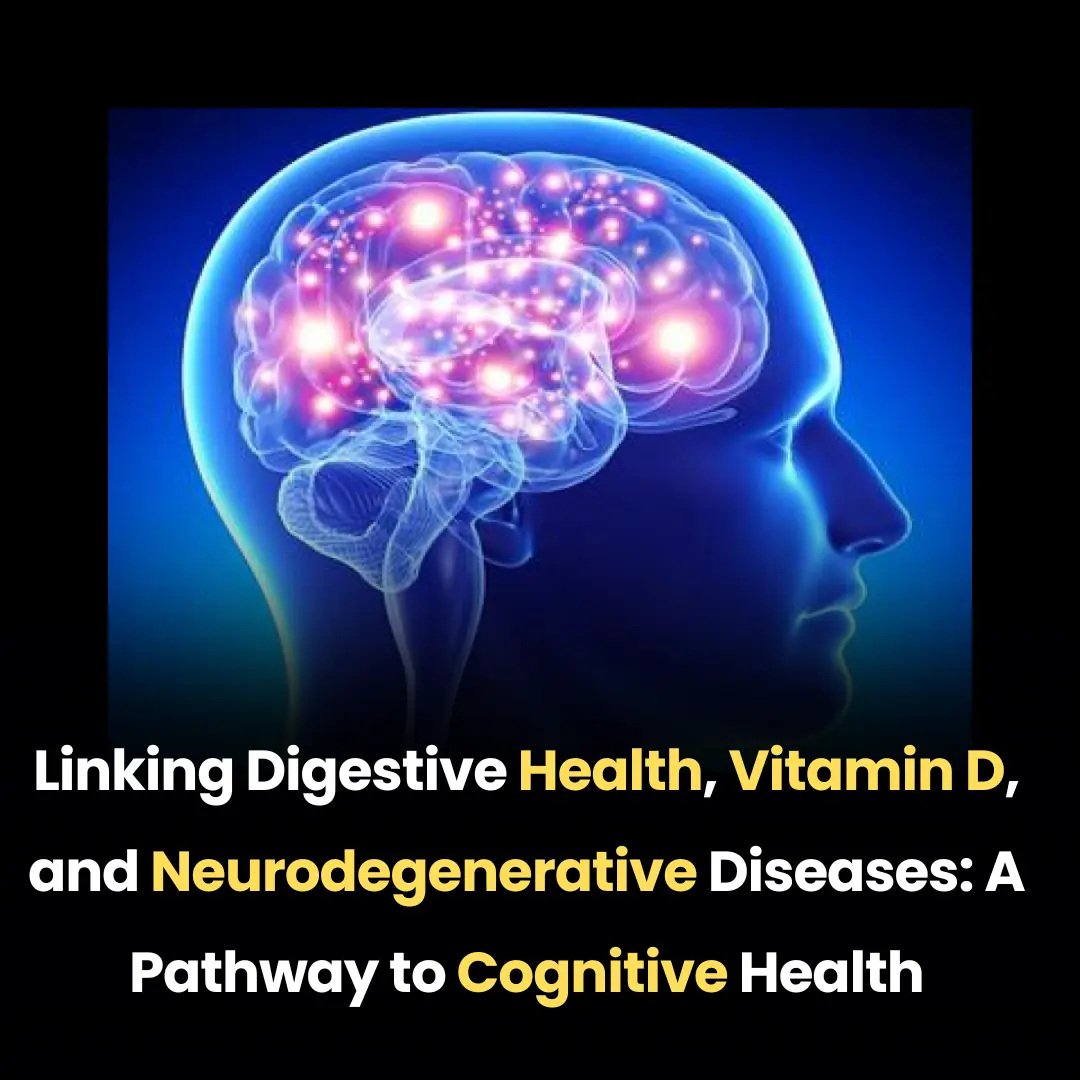
Linking Digestive Health, Vitamin D, and Neurodegenerative Diseases: A Pathway to Cognitive Health

The 400-Year-Old Greenland Shark: A Living Witness to Centuries
